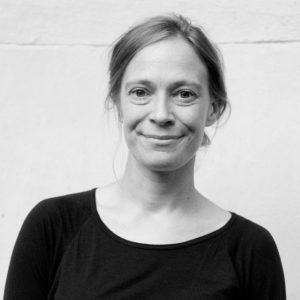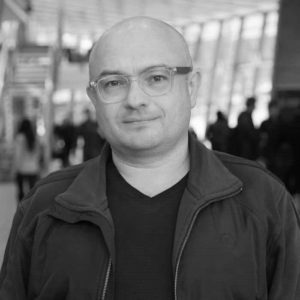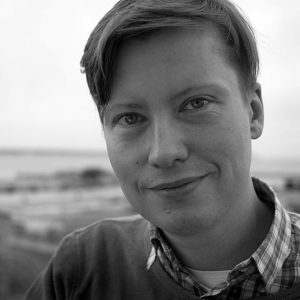Since the program will collect a versatile body of data, it bears promise to contribute to several academic debates. One is, as indicated above, what creates success* in professional life.
Top business schools, as well as elite educational institutions in general, are known to be places offering immense opportunity to its students. However, some recent studies indicate that these opportunities accrue differently to different groups of students. There is indication, for example, that women and men structure, experience and think about professional networks differently and that female students might profit from different networking strategies than male students. The corporate world is the destination for many of business school graduates, and our study could for example inform the debate on networks’ importance for gender representation in corporate management.
There is also academic disagreement about the opportunities offered by top universities for students from different backgrounds; while some studies suggest that getting into a top school is the major key to later success – regardless background – others argue that a top education tend to favor students from already privileged backgrounds.
None of these studies are conducted in a Nordic context, however, and our study could shed light on whether these hypotheses hold true even here. Also, the effects for students with different nationalities is largely unexplored.
The fact that we do not know the answer to many of these questions is what makes the project so exciting – for us to work with, but hopefully also for students to participate in!
*Success, however, is a term to be handled with care. Typically, professional success has been measured in two ways: job rank and salary. Lately, however, research has suggested that professional success be measured also in terms of job life satisfaction, work life balance and goal fulfillment. We aim to account for both types of measurements when we say “success”.













